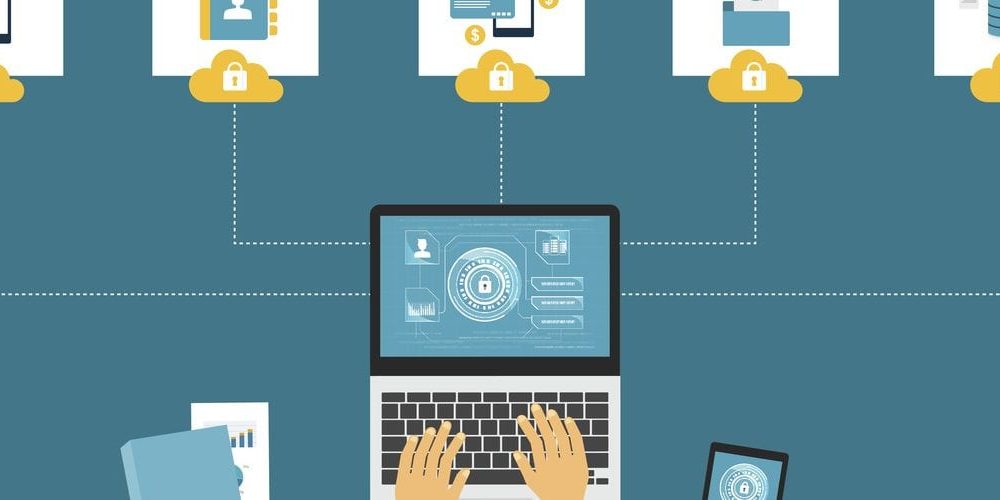The Unique Challenges of Data Security in the Hospitality Industry
The hospitality industry has been in the news frequently over the past year as a result of multiple and significant data security incidents. Nationally recognized hotel and resort brands continue to suffer by cyber-attacks, including theft of payment card data from their retail and food/beverage outlets, and at times theft of guest data from reservations ...
Read more







